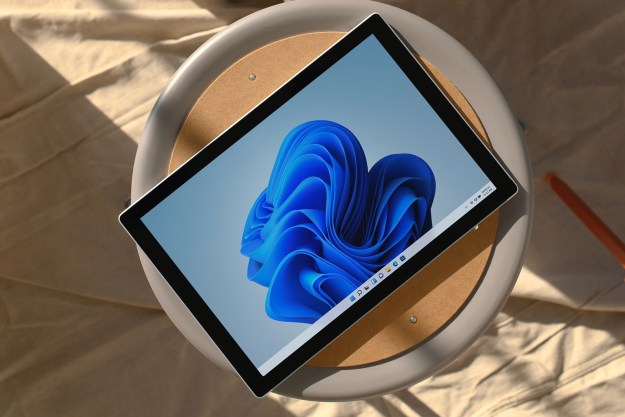Microsoft Corporation has unveiled it plans to create six core versions of its forthcoming Windows Vista operating system, plus two derivative editions specifically customized for the European Union.
The primary version of Windows Vista will reportedly be:
- Windows Starter 2007: Presumably akin to Microsoft Windows XP Starter Edition, a feature-limited version of Windows aimed at developing nations and emerging markets. It may limit the number of applications which can be run simultaneously, and may lack the touted “Aero” user interface.
- Windows Vista Home Basic: Similar to Windows XP Home Edition without advanced media support.
- Windows Vista Home Premium: Likely to be the most common “consumer” version of Windows, it will offer some advanced Media Center capabilities such as HDTV and DVD authoring support.
- Windows Vista Business: Comparable to Windows XP Professional, with support for Windows Server Domains and Microsoft’s IIS server.
- Windows Vista Enterprise: Available only to Software Assurance customers, the Enterprise edition will ship with Virtual PC virtualization technologies, and a multilingual user interface.
- Windows Vista Ultimate: A high-end edition aimed at PC enthusiasts, “Ultimate” contains elements of both the Home and Business editions, plus podcasting (“blogcasting,” in Microsoft-speak), enhanced game performance, and DVD-ripping features.
In addition, Microsoft will ship Windows Vista Home Basic N and Windows Vista Business N for the European Union market; these editions will lack Windows Media Player, to comply with EU antitrust rulings.
Missing from the Vista lineup are separate Media Center and Tablet PC editions, as well as a previously-discussed Small Business Edition. Reportedly, every edition save Windows Starter 2007 will support 64-bit processors.
Eight editions of Windows Vista might seem like a lot, but consider that Microsoft currently offers at least six editions of Windows XP (Home, Professional, Media Center, Tablet PC, Professional x64, and “N” editions for the European Union.
Editors' Recommendations
- Scores of people are downgrading back to Windows 10
- Microsoft finally kills this legacy Windows app — for good this time
- How to check how much RAM you have on Windows and Mac
- How to create a bibliography in Word on Windows and Mac
- Windows 11 might nag you about AI requirements soon


